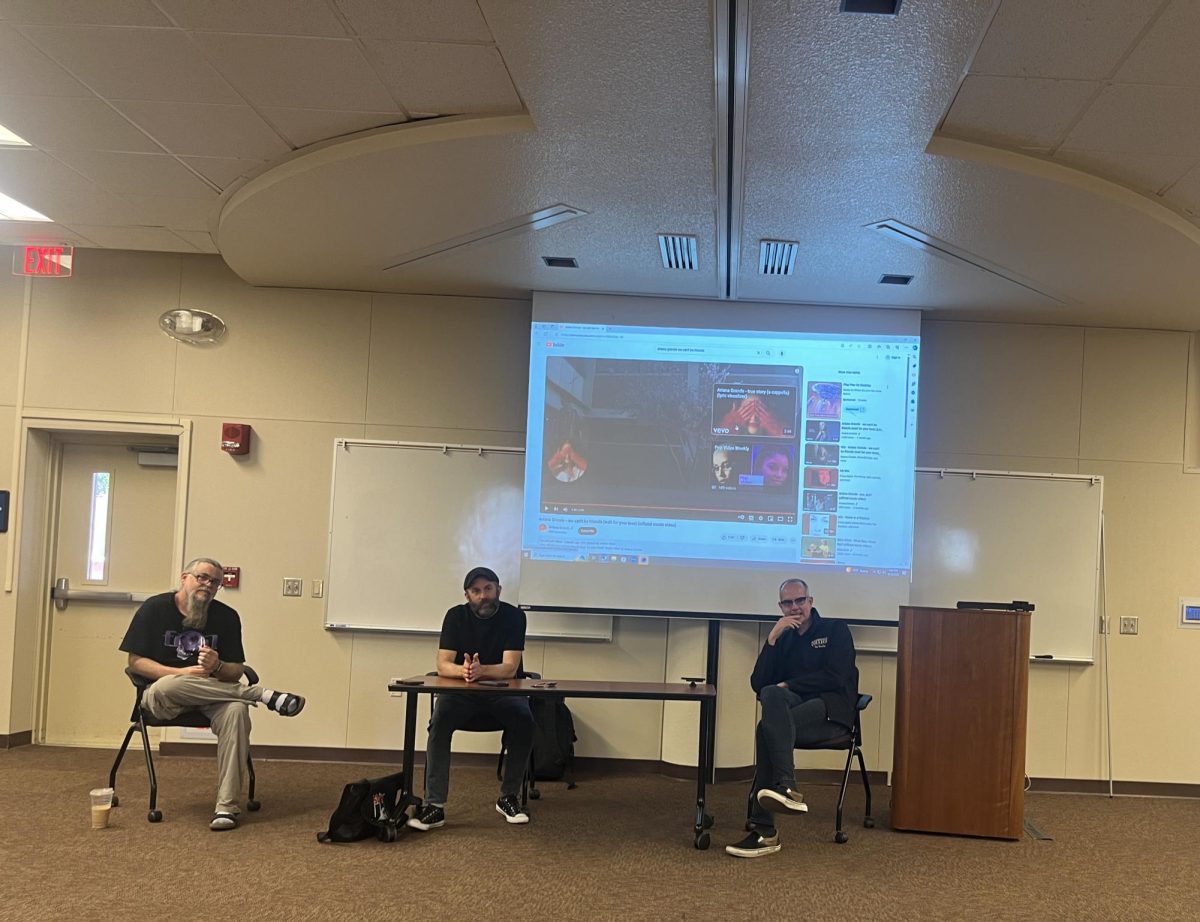Who’s the tough guy now?
E9: What you wouldn’t believe about sports.

Sam L. Jaime
March 2, 2017
Hockey is the toughest sport. It’s the only sport I’ve ever seen a guy play with a broken leg, a coach shrug off a puck splitting his head open, and a linesman get popped in the mouth hard enough to make Floyd Mayweather blush, and carry on as if he couldn’t be bothered.
Yet, what makes any of that “tough”? Why does the toughness of a sport even matter? Why was your reaction to the opening line of this column a process of developing a rebuttal?
Many of us are bred to believe that masculinity can be defined and measured based on the ability to throw a ball, or take a punch. It’s a hard concept to oppose when it’s rooted in our social evolution.
It comes from the days before survival in extreme situations turned into entertainment, and dominance in battle meant living to fight another day.
But we are far removed from the days of gladiators and hunters, our necessity having turned to sport. The definition of masculinity through the lens of athletics is archaic at best.
Even if masculinity wasn’t a nearly impossible thing to accurately define, considering it is the most subjective aspect of male culture, it would still have no place in sports. There’s no place in sports for masculinity since women have finally broken barriers and more than placed themselves in the conversation.
No longer is “throwing like a girl” a bad thing, since we’ve finally entered the age of female athletes being represented as such, rather than as marketing tools to sexualize and marginalize. It’s been a long road for women in sports, and not a secretive one. At every turn, women have been thwarted by those thinking women can hang, or have no place next to men. It’s headline news in sports when gender lines are crossed.
Mo’ne Davis is the burden of proof when the conversation in baseball turns to whether women should be able to play professional baseball. The country has already been exposed to the All-American Girls Professional Baseball League, America’s answer to the baseball shortage created by World War II, so if there is no supposed room for women in Major League Baseball, why not resurrect this war-time solution? Why not make a professional softball league?
The world’s most popular softball player, Jennie Finch, seems doomed to only pitch at publicity events after college in Arizona, and winning a gold and silver medal in the 2004 and 2008 Olympics respectively. Finch became the first female to manage a professional baseball team in 2016, a one-day guest spot, which despite the historic value, is demeaning itself.
Cheryl Miller is another case of gender inequality in sports. Cheryl was far better than her brother Reggie. Both were basketball stars at UCLA, and while Reggie went on to terrorize Spike Lee and the Knicks for the Indiana Pacers, Cheryl settled in with ESPN.
Many of us spend our postathletic days thinking about what could have been, but what about those who were never actually given a chance? Depriving our daughters of equality is tragic.










